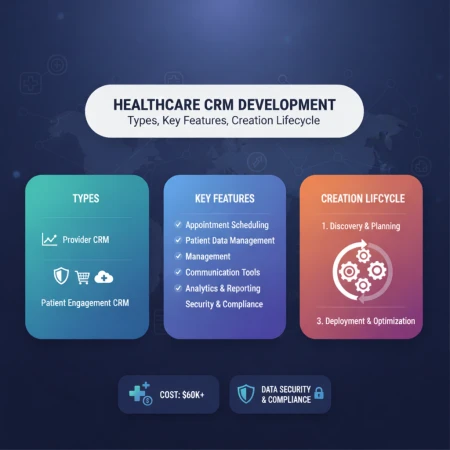Clinical Research and Ethics: How Trials Protect Patients
Clinical research has helped the world discover new treatments, improve existing therapies and save countless lives every vaccine, medicine and medical device used today has gone through careful testing but behind these trials lies a deeper concern ethics How do we make sure that patients are safe and treated fairly during research?
People often hesitate to participate in clinical trials because they fear being treated like test subjects However, the truth is that modern clinical research follows strict ethical rules to protect the rights, health and dignity of every participant anyone learning through a clinical research course understands that ethics is the foundation of every successful study.
What Are Ethics in Clinical Research?
Ethics in clinical research means doing what is right and fair researchers must respect all participants, protect them from harm and always tell the truth about what the study involves these rules are not just suggestions they are required by law and enforced by ethical review boards before any trial begins it must be approved by an Institutional Review Board or Ethics Committee these groups review the trial plan and make sure it is safe, fair and necessary they also check if the risks are reasonable and if the study is designed well enough to answer important health questions.
Informed Consent: The Heart of Patient Rights
One of the most important parts of any clinical trial is informed consent this means the patient must understand what the trial is about what the possible risks are and what their rights are only after understanding everything should they agree to take part patients can leave a trial at any time without any punishment or loss of medical care they also have the right to ask questions, refuse certain treatments or stop participating if they feel uncomfortable informed consent protects patients from being misled or pressured it also builds trust between researchers and volunteers.
The Role of Ethics in Trial Design
Clinical trials are planned very carefully each study goes through several phases starting with a small group of people and slowly including more as safety is proven ethical guidelines help researchers decide who can take part, what safety steps are needed and how to report side effects good ethical design avoids unnecessary risks For example, if a new drug is tested it must be compared with a treatment already proven to work or with a placebo only if no standard treatment exists midway through the trial if strong benefits or risks are found the study may be stopped early this protects current and future patients from harm or gives them quicker access to better treatments.
These values are taught and practiced in every reliable clinical research institute where students are trained to understand both science and ethics equally.
Patient Safety Is Always a Priority
Patient safety is the most important part of clinical research researchers are trained to monitor participants closely if any serious side effect appears it must be reported immediately and reviewed by the ethics committee most trials also have a Data Safety Monitoring Board which checks the trial data regularly and can suggest changes or early stopping if needed patients are also protected by international codes like the Declaration of Helsinki and the Belmont Report which outline ethical standards for all human research.
Special Care for Vulnerable Groups
Extra care is needed when the trial involves vulnerable populations such as children, elderly patients or people with mental illnesses ethics rules demand that researchers show extra caution when recruiting and treating such individuals for children, parents or legal guardians must give consent and the child comfort and safety must be considered at all times trials involving mentally ill or unconscious patients need legal and medical review before moving forward.
In all cases, the patient is welfare comes first above scientific goals, funding or deadlines.
Transparency and Public Trust
Ethics also requires transparency clinical trials must be registered in public databases before they start results whether positive or negative should be shared openly so that doctors, scientists and patients can learn from them this open sharing helps avoid bias and builds public trust when people see that clinical trials are honest and well regulated,they are more likely to participate or support them.
The Need for Ethical Training
As the number of clinical trials increases so does the need for ethical research professionals researchers, coordinators and ethics committee members must be well trained in good clinical practices and ethical standards this is where clinical research training becomes valuable such training prepares individuals to handle real life situations where tough decisions must be made always in the best interest of the patient learning about ethics is not a one time lesson It must be part of continuous learning, updated regularly with new guidelines and real world experiences.
Conclusion
Clinical research plays a major role in shaping the future of healthcare but science alone is not enough ethics is what ensures that progress never comes at the cost of patient safety or dignity Every clinical trial must follow a clear moral path guided by rules, supported by review boards and carried out by well trained professionals With the right knowledge and a strong sense of responsibility the future of ethical research looks bright for those planning a career in this field ethical values should always walk side by side with science that is what makes clinical research not only effective but also humane.






